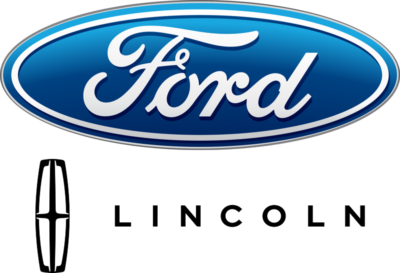Original Equipment Manufacturer (OEM) – OEMs are the makers of the actual vehicle, with some examples being Nissan, Subaru and Mercedes-Benz. OEMs provide a range of brands and companies the individual parts needed to build and produce their vehicles. As a technician, while you may be working directly for a brand or dealership, you’ll be in contact with the OEM to purchase necessary parts for any repairs or maintenance you may be completing.
OEM vs. Dealer – A common misconception is that an OEM and a brand are the same thing. While they are similar, an OEM provides the parts that the dealer then buys and uses. Another significant point to note is that in working at a dealership, a technician would be working for an independent employer rather than as an employee of the OEM.
ASE Certification – An ASE certification is a certification that technicians can earn through the Automotive Service Excellence, which is a national institute that certifies automotive professionals. If a technician wants to stand out in their field, receiving an ASE certificate – which is an add-on to general technician training – is a great way to do that, as it’s a symbol of expertise. Technicians can earn certificates across many different categories, such as the class of vehicles or type of vehicle (e.g., electric vs. ICE). There are over 40 different certifications that a technician can receive, and a technician can hold multiple certifications at the same time.
Apprentice – In the automotive technology industry, an apprentice is a prospective technician who shadows professionals to learn the trade. Rather than simply observing what professional technicians do, an apprentice can do hands-on work to gain real experience. To be seriously considered for a technician job, having an apprenticeship is important. Not only is an apprenticeship exciting, it also often leads to a full-time position at a dealership!
Express Tech – An express technician is an automotive technician who completes routine repairs and maintenance in a fixed amount of time. Express technicians generally work from a set list of tasks, such as a routine oil change or tune up.
Diagnostics – Running diagnostics, specifically in the automotive industry, has to do with checking existing software and parts to make sure the vehicle is running as it should be. As electric vehicles become a greater part of the industry and overall production evolves – including for ICE vehicles -- this process becomes more computer oriented as technicians need to be able to do both hands-on maintenance and high-tech programming work.
Though some of the language in the automotive industry can seem intimidating, the industry itself seeks to make itself as accessible as possible to all who are interested. While this list is only a handful of the terms you may hear tossed around as an automotive technician, it proves that behind the language there are easy to understand explanations.
Drive your future
Prepare for the journey ahead—test the career today.
Find a Program





